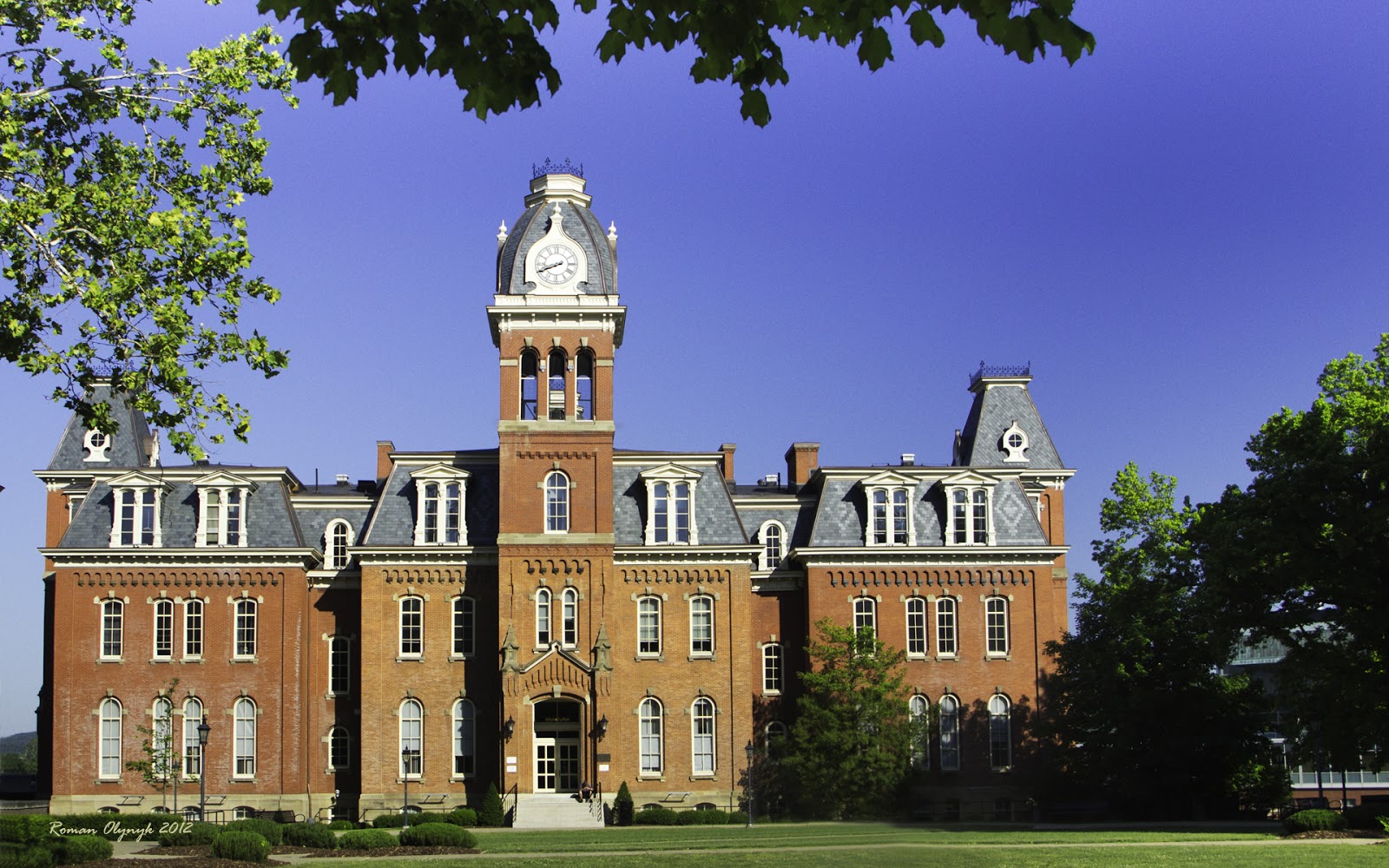Upon first hearing of this hastily enacted student fee, many in WVU’s international community were outraged at what they felt was blatant discrimination against them coming from the university. Students were upset that they were being targeted for fee increases, while WVU continues to fund non-essential services and programs. Many individuals had signed their contracts to work with the university for the year before this fee was announced, and feel as if the fee was forced upon them without their knowledge.
Graduate students are especially hit hard by these new fees imposed on them by the university. One individual interviewed, an international graduate teaching assistant, felt that this fee was the final straw in a series of injustices inflicted upon international students. His stipend, a measly $12,000 dollars a year, is barely enough to cover his living expenses as is. From that stipend, he is expected to pay taxes, his portion of tuition, and $1600 in already existing student fees per semester.
Considering the enormous teaching burden that is shouldered by international graduate students, and their massive contributions to the Morgantown community, this is outrageous.
International students are legally prohibited from working off of campus, so there is no chance for them to make supplementary income during the school year. In essence, they are held at the mercy of a university system that exploits them for their labor while paying below what is considered the federal poverty level for 2017. Even their healthcare, which is provided by the university, is increasing in costs. The annual cost of insurance was increased for this year by 15 percent, deductibles by 25 percent and copays by an enormous 150 percent. It is no wonder that many international students, such as the individual mentioned above, have been heartbreakingly unable to save enough money to return home to visit family during the entire course of their studies at WVU.
In the wake of the racist travel ban enacted by Donald Trump’s executive order in January, university president Gordon Gee
published a statement in which he made a firm commitment on behalf of the university to protect and fight for the rights of all international students.
Gee wrote:
Our University is enriched by and appreciates the diverse talent, culture and contributions shared by our international faculty and students. With more than 115 countries represented on our Morgantown campus, the world comes to West Virginia through our doors. And in return, the world meets West Virginia when our faculty, staff and students travel outside our home among the hills. How we care for each other reflects not only the spirit of our institution, but indeed, our entire state. [4]
If WVU’s reputation and status as an academic institution is a reflection of how it cares for its student’s overall well-being, then clearly it has failed. By virtue of its treatment of its international student body through this outrageous fee, it has thrown its lot in with the rest of the anti-working class attacks sweeping the United States at the moment.
An ad-hoc organization of international students and their allies have formed to struggle against the injustice of the situation. The
demands of this International Student Body are simple, the revoking of the increase in discriminatory student fees and the desire to be treated with dignity and respect by the university. To that end, they are urging all international students to outright refuse to pay the illegitimate and discriminatory fee. It is clear from such a situation that attacks on the fundamental rights of the most vulnerable threaten the rights of all of us. It is only through the power of solidarity that we can overcome these challenges and injustices.
A university should be a place of learning and progress, not a business, and it’s time to recognize and strive towards that goal. The time for hollow rhetoric of diversity and inclusivity is over, and the time for action to confront systemic oppression within academia is now.







